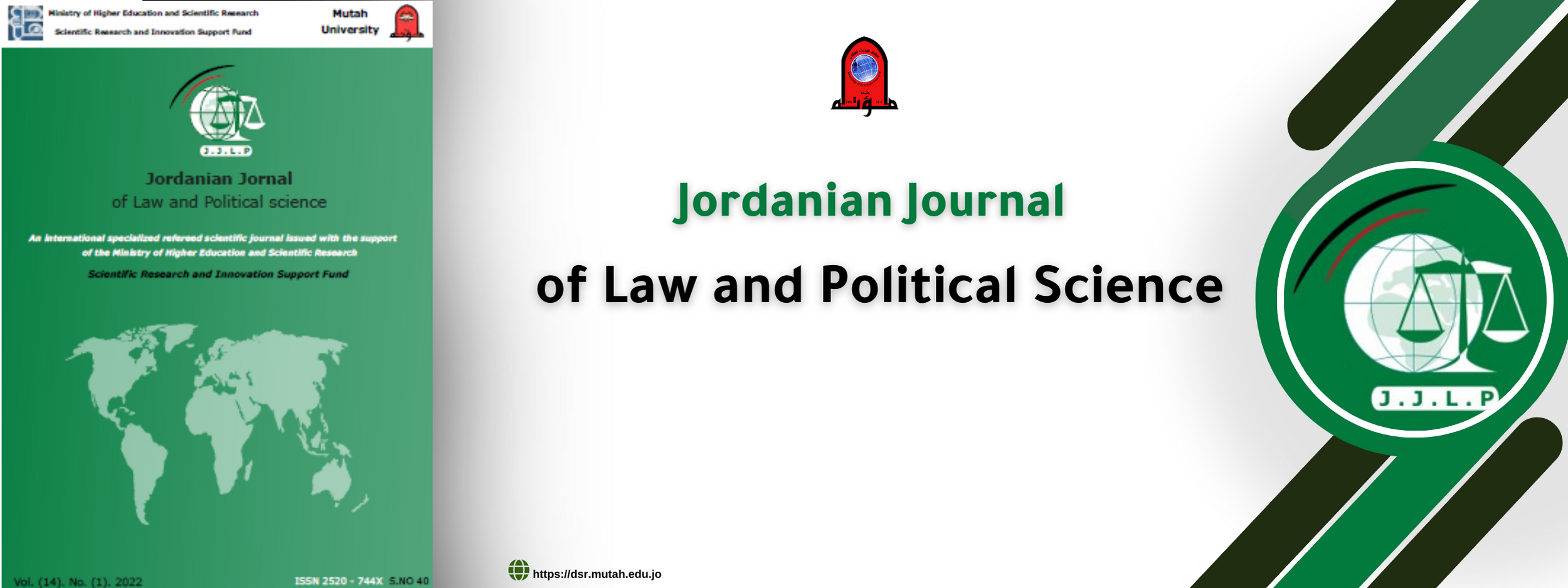The spillover effect of arbitration agreement to non-party within the theoretical frameworks of corporate groups and contract groupsTop of Form
DOI:
https://doi.org/10.35682/jjlps.v16i3.934Keywords:
Thirds parties to Arbitration agreement, Extension of Arbitration Agreement to third parties, Party, Arbitration agreement, Extension, Contract group, Corporate company group, EffectsAbstract
Arbitration, as a mixed system, begins with an agreement, proceeds to procedures, and concludes with a judgment. The arbitration process, in these three stages, constitutes a legal reality that imposes itself as a fundamental issue for parties regarding their legal positions in the arbitration agreement. This reinforces the notion of the extension of the agreement's effect to non-signatories. On the agreement, driven by necessity, has expanded the concept of parties and non-parties, relying on the authority and role of these parties in the contract execution phase. This found a category influenced by the arbitration agreement, affecting them due to their role in the contract phase despite not being parties at the time of contract formation. Does legislation follow this expansion in its view of parties and non-parties? Has this realistic perspective begun to take its place in legal texts?
Arbitration as a contract must adhere to the general contract and principle of relative effects of the contract and must balance this principle with the increasing demands and needs of international contracts. The growing volume of commercial contracts, with a growing preference for arbitration, forms the basis of this study. Through a descriptive comparative study between judicial practices in different legal systems, jurisprudence, and legislative reality, we will address this issue in two sections: first concerning parties and non-parties in arbitration agreements, and second focusing on arbitration agreements within the framework of the theories of corporate companies groups, and contract groups, trends, extensions, and the effects of these extensions.
Several recommendations have emerged, the most important of which is laying the groundwork for extending contracts to non-signatories by expanding the concept of parties and non-parties and accepting the dictates of developments and realities in contracts and agreements. It is essential to dispel the notion that the effects of contracts only extend to their parties as a deliberate act.







